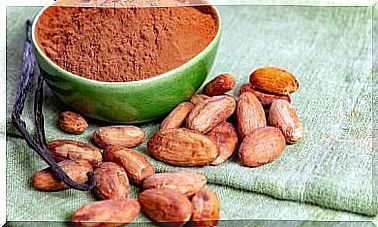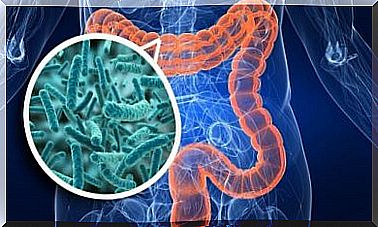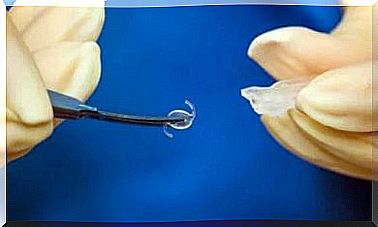Healthy Intestinal Mucosa: Why It Is So Important
With our recommendations you can ensure that your intestinal mucosa is spared
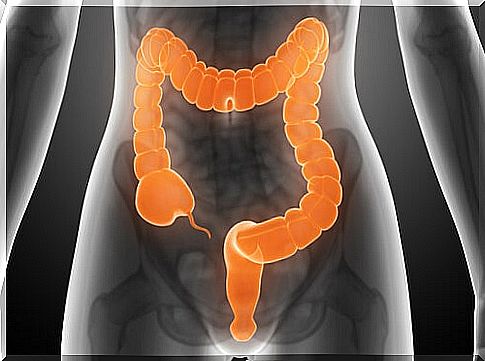
Anyone who suffers from digestive problems and attests to a “nervous bowel” should think about whether the intestinal mucosa is possibly irritated. Find out more about this important mucous membrane inside you!
What is the intestinal lining?
The intestinal mucosa can be thought of as a kind of “wallpaper” that completely lines your intestine from the inside.
Unlike conventional wallpaper in our apartment, the intestinal mucosa also takes on important functions.
If the intestinal mucous membrane is disturbed, irritated or inflamed, it cannot fulfill its tasks properly and digestive problems arise, possibly also abdominal pain and diarrhea. Those affected also speak of a “nervous bowel”.
The intestinal lining contains glands that secrete enzymes that break down your food into its smallest components.
In addition, the intestinal mucous membrane of the small intestine is equipped with cells that ensure that the nutrients can then be absorbed directly into the blood.
In addition, the intestinal mucosa is also able to fight off pathogens with certain cells. Depending on the section in which the intestinal mucosa is located, it can also fulfill other tasks.
In the colon, for example, it is responsible for absorbing excess fluid and giving your stool the right consistency before you pass it through the toilet.

Disturbed intestinal mucosa
If the intestinal mucosa is disturbed, all functions are no longer properly fulfilled and digestive problems arise.
Environmental toxins, chronic illnesses, stress or drugs can irritate, inflame or even damage the intestinal mucosa.
A damaged intestinal mucosa not only leads to digestive problems, which are usually immediately noticeable, but also to a reduced immune defense.
The immune system is weakened because the defensive function of the intestinal mucosa is no longer working properly and bacteria, allergens and viruses can penetrate the body better.
A healthy intestinal mucosa is not only important for a healthy digestion, but especially for a healthy person!
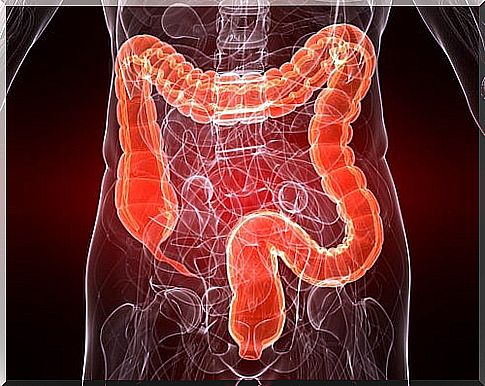
Risks of inflammation of the intestinal mucosa
If the intestinal lining is inflamed, it can pose further health risks.
Not only does it weaken your immune system, it can also lead to other chronic bowel diseases.
Crohn’s disease and ulcerative colitis are just two examples of diseases that have a lasting impact on digestion and severely reduce the quality of life. In the advanced stage, the intestinal mucosa can also be completely destroyed.
What helps?
It is extremely important to maintain a healthy bowel, and not only with regard to possible chronic diseases. You can prevent this by adopting a healthy lifestyle and a sensible, balanced diet. This includes the following points:
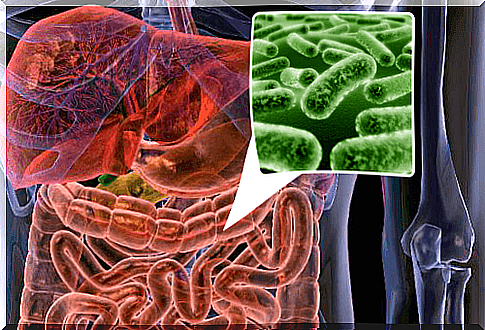
Maintain your healthy intestinal flora!
The intestine is the body’s largest immune organ. Therefore it is also an important part of the body’s own defense system with over 80% of all defense cells.
More bacteria live in our stomach than our own body has cells – the intestinal flora is actually the largest organ. In animal experiments it was found that the intestinal flora can even influence moods.

Eat a balanced diet
One-sided nutrition through diets, alleged food intolerances or nutritional half-knowledge leads to unhealthy digestion.
Human teeth show: humans need mixed food! Mixed food means: something of everything! Any kind of food prohibition is a loss for your intestinal flora and thus harms your intestines.
As always, it depends on the amount! Not according to the motto “a lot helps a lot”, but “a little of everything”!

Avoid animal fats
True to the principle “a little of everything”: a little meat and animal fat is okay, but not too much of it.
Animal fats mainly contain unfavorable saturated fatty acids. Studies show that eating red meat from pork, beef or lamb in particular increases the risk of developing colon cancer.
If meat, then lean and as light as possible, i.e. poultry or fish.
For general health, high-fat foods are harmful anyway, which is why not only people with sensitive intestines should make sure to eat as low-fat as possible.
If fat, then high-quality vegetable fats with an optimal fatty acid ratio! Small positive side effect: The body weight drops, the blood lipid values are optimal and hardening of the arteries is prevented!
Avoid alcohol
Alcohol basically damages the cells due to its drying effect. Even small amounts of alcohol can damage the intestinal cells. If alcohol, then little. And never regularly!

Avoid hot spices
For many of us, hot spices are the “salt in the soup”. And, admittedly, a Thai curry without chili is not a Thai curry.
Especially those who suffer from irritable bowel syndrome, but also everyone else who struggles with a “nervous bowel” should avoid chili and other hot spices (including steak pepper, hot mustard and ginger).
Hot spices irritate the mucous membranes and can only upset your intestines additionally!


